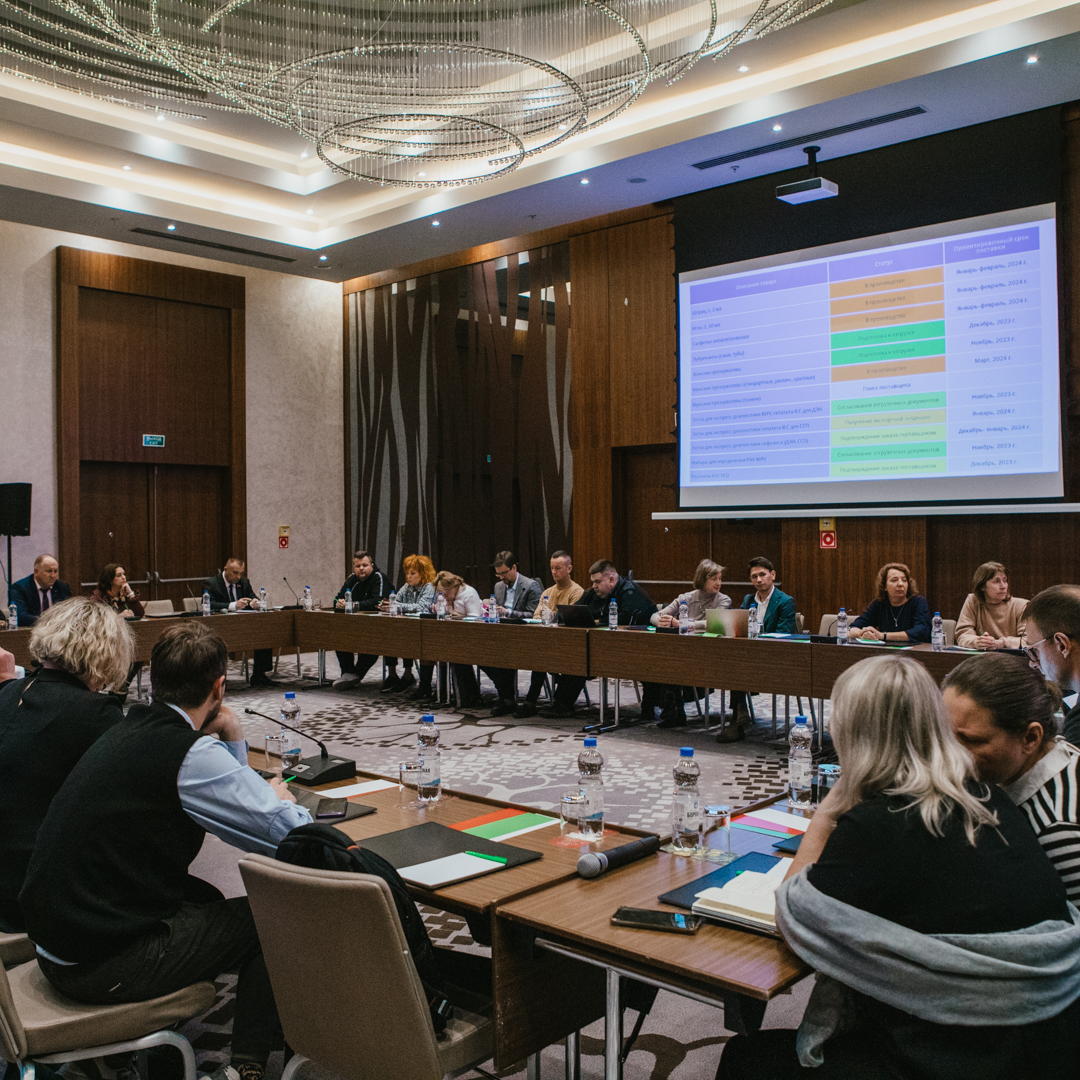The country has received another notification from the Global Fund to Fight AIDS, Tuberculosis and Malaria (Global Fund) to allocate funds for activities to reduce the burden of HIV/AIDS and tuberculosis.
Belarus prepares an application for another Global Fund grant for 2025-2027
October 28, 2023

The total amount of funding provided by the Global Fund is 23 million US dollars.
The Republic of Belarus has received another notification from the Global Fund to Fight AIDS, Tuberculosis and Malaria (Global Fund) to allocate funds for activities to reduce the burden of HIV/AIDS and tuberculosis (TB) and strengthen the resilience of the health system for the implementation period 2025-2027.
The total amount of funding provided by the Global Fund is 23 million US dollars. The grant will be used for procurement of medicines, diagnostics, prevention of HIV and TB spread, as well as for the fight against the most dangerous drug-resistant TB.
To receive the next grant from the Global Fund, a national proposal should be prepared, including the main directions of national priorities, indicators of their achievement, specific activities and a detailed budget for planned interventions to counter the spread of HIV/AIDS and TB.

On 24 October the Country Coordinating Mechanism (CCM) met to start preparing the proposal, which should be submitted to the Global Fund by the beginning of February 2024.
Belarus has received support from the Global Fund since 2007 and thanks to joint efforts, the number of new HIV infections in the country has almost halved between 2012 and 2020. According to the Joint United Nations Programme on HIV/AIDS (UNAIDS), 79% of all people living with HIV are now aware of their status, of whom 79% are on antiretroviral therapy and 73% have an undetectable viral load. Progress has also been made in TB control, with a 69.5% reduction in TB deaths in 2020 compared to 2015, exceeding the target of the WHO global TB elimination strategy (35%).
The CCM is a standing collegial body that develops and submits national proposals to the Global Fund, ensuring collaboration between government, non-government and international sectors in the management of national HIV/AIDS and TB programs. More than 40% of the CCM is composed of representatives of NGOs, religious and commercial organizations, and key populations most vulnerable to HIV and TB. International organizations are represented on the CCM by the World Health Organization, UNAIDS, UNFPA and UNODC. On the public sector side, the CCM includes representatives of various stakeholder ministries, government organizations and parliamentarians.

 Locations
Locations

